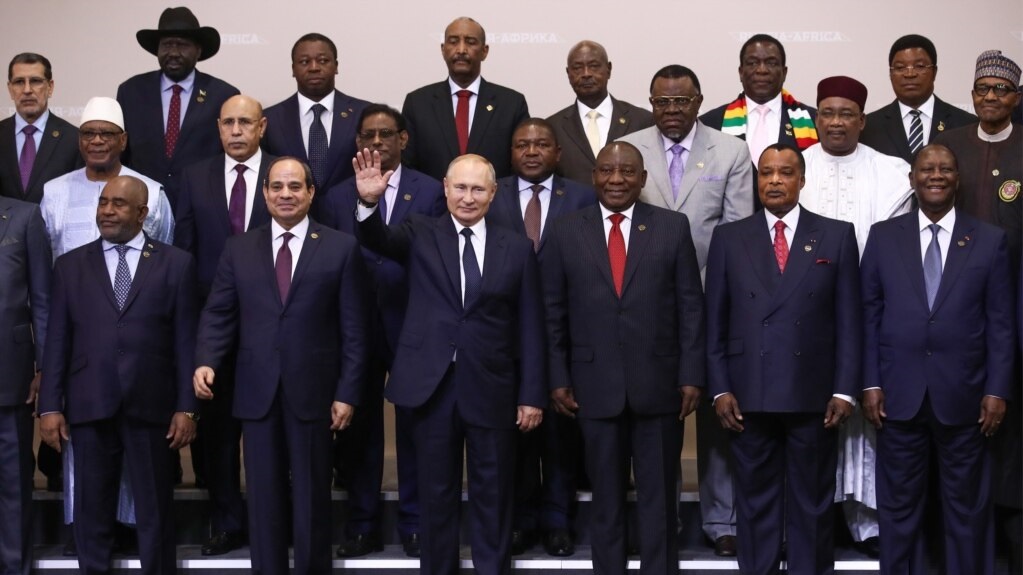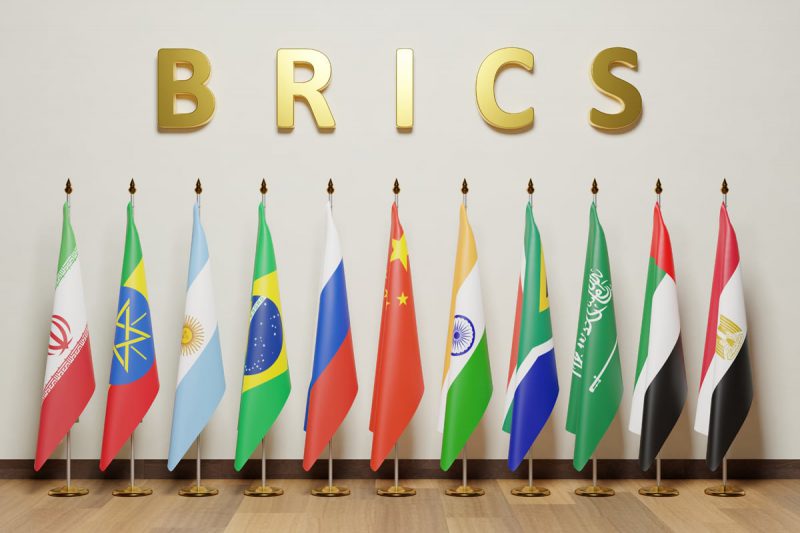The BRICS economic alliance is currently developing a unified financial system in 2024 for dollar-less trade within the bloc. Indeed, Russia’s Deputy Foreign Minister Sergey Ryabkov discussed the plan as a critical part of the country’s 2024 Charimanship of the collective this year.
Throughout the first four months of the year, the bloc has continually embraced digital asset adoption. Subsequently, that has proven to be a crucial part of its attempts to circumvent US dollar necessity in unilateral transactions. With the implementation of a unified system for payments, that process would grow even more so.


Also Read: BRICS: BlackRock Uses Bitcoin as Inflation Hedge as USD Worries
BRICS Developing Unified Payment System to Fully Ditch US Dollar in Trade
Throughout 2023, the BRCIS economic alliance has integrated two key initiatives; expansion and de-dollarization. Both of those ideas culminated at last year’s Annual Summit. Specifically, the alliance added five nations to its ranks, while firmly embracing plans to promote native currency throughout international trade.
Yet, that does not appear to mark the end of those initiatives, as the bloc is set to continue growing in both aspects. For its de-dollarization plans, BRICS has stated it is developing a unified financial system in 2024 for dollar-less trade. This appears to be one of the important parts of Russia’s Chairmanship of the alliance this year.
When asked about Russia’s financial focus of its chairmanship, Ryabkov said that “several options were considered.” Moreover, one of the developing ones appears to be “the option of creating a platform that would unite the financial systems,” of the BRICS members.


Also Read: BRICS To Announce Membership of New Countries in 2024
What Ryabkov called the BRICS Bridge, would see the countries dock “the existing system of digital currencies of central banks in the BRICS countries.” Moreover, it would see the interconnecting of “national financial messaging systems,” as a part of the endeavor.
Additionally, the deputy Foreign Minister noted that the situation saw a face-to-face meeting take place earlier this year. That appears to signify that the project has seen integration within the overall BRICS cooperation plans.
Such an idea would be critical for BRISC to meet its plans. Specifically, its de-dollarization effects would be immensely magnified through a financial system that operated to unify digital currency options. Moreover, it increases pressure on the dollar, one that the US has already assured will not receive a digital counterpart.





